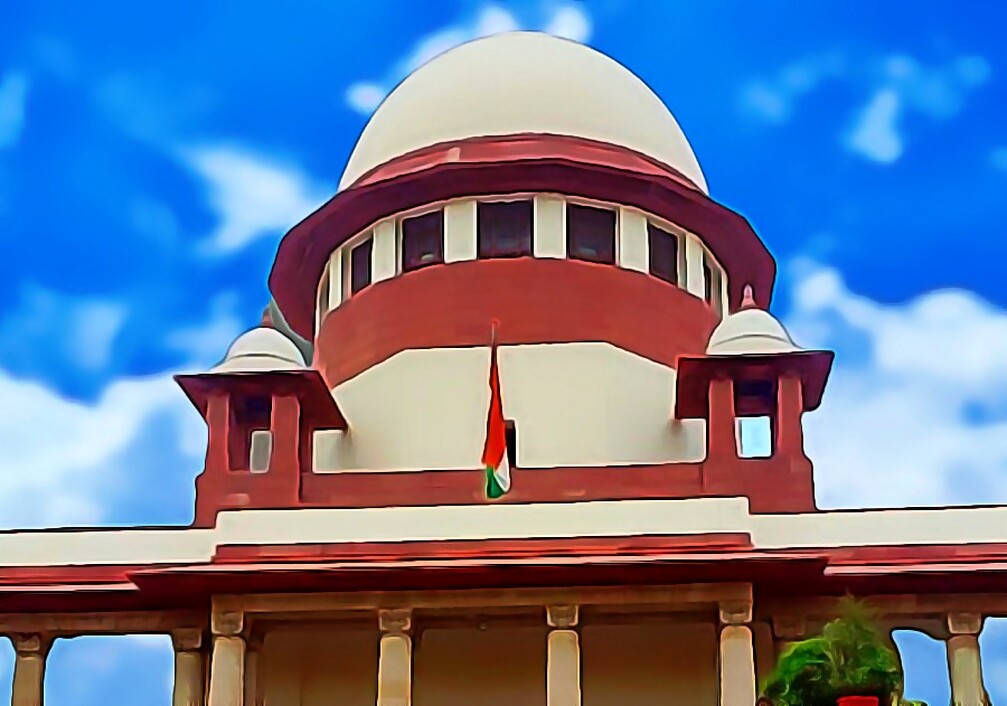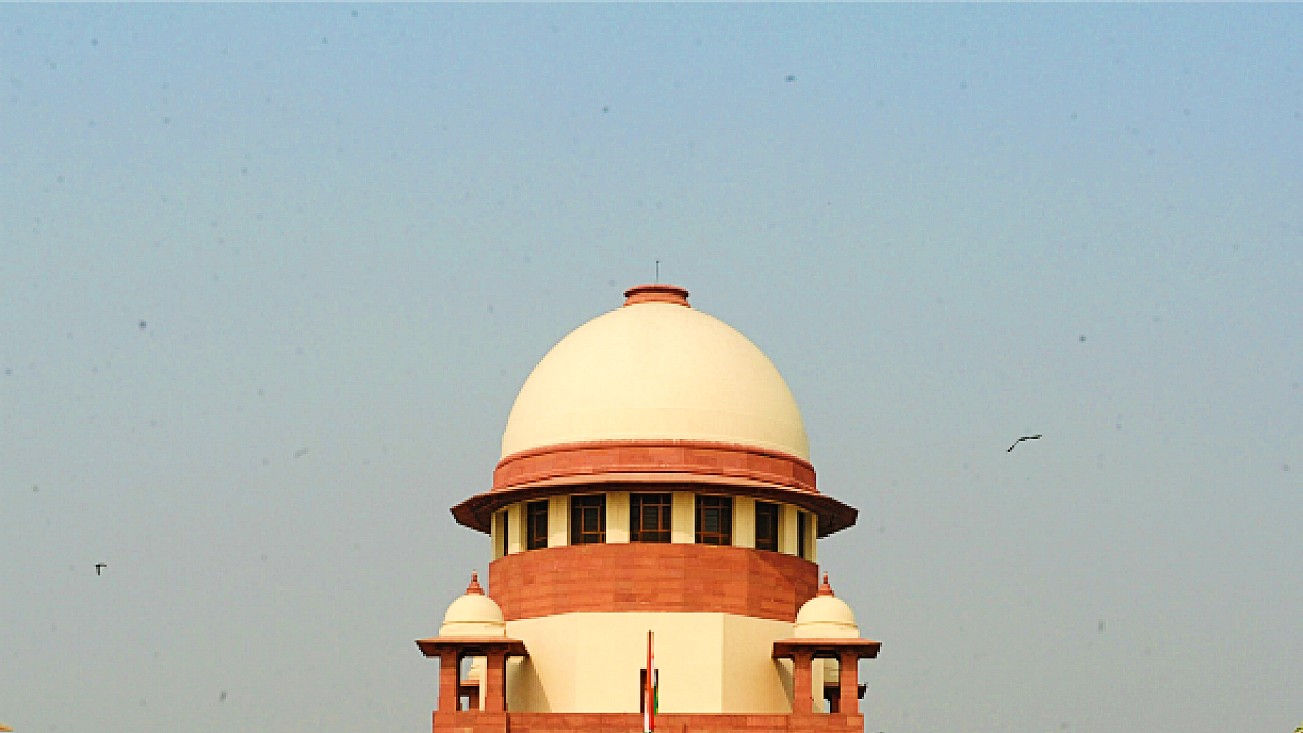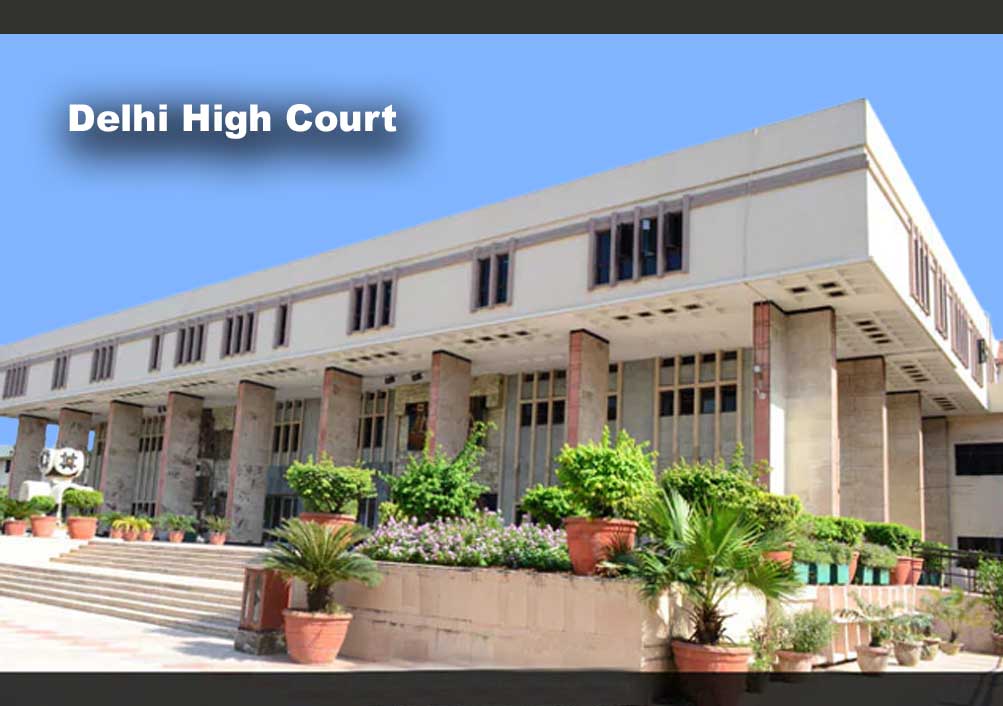Adopted child is entitled to take caste of single mother, rules Bombay High Court

Read Judgment: Dr. Sonal Pratapsingh Vahanwala vs. Deputy District Collector (Encroachment) & Ors.
Pankaj Bajpai
New Delhi, March 21, 2022: Observing that on adoption the child becomes the member of the family of the adoptive parents in all respect and that such a child would also take the caste of the adoptive parents, the Bombay High Court held that the child on adoption would be entitled to take caste of her adoptive parent(a single mother) and therefore, the adoptive parent cannot be insisted to make the caste record of biological parents available if same was not known.
A Division Bench of Justice G.A Sanap and Justice Sunil B. Shukre observed that the Court during inquiry is required to be satisfied that the adoption will be for the welfare of the child and the Court has to give consideration to the wishes of the child having regard to the age and understanding of the child.
The observation came pursuant to a petition challenging the order whereby the District Caste Certificate Scrutiny Committee (second respondent) confirmed the order passed by Deputy District Collector (first respondent) rejecting the application made by Sonal Pratapsingh (petitioner) for issuance of caste certificate of her caste to her son.
Going by the background of the case, the petitioner adopted her son Heramb and filed a Miscellaneous Petition in the City Civil Court, Mumbai seeking permission for adoption of male child from Children of the World India Trust, Mumbai. Before adopting the male child from the Trust/Orphanage, he was known as “Pappu” and identity of his biological parents was not known. At the time of the adoption, he was five years old. Later, in terms of the directions issued by the City Civil Court, the petitioner applied for registration of birth in the record of the Municipal Corporation. Accordingly, birth certificate dated January 19, 2010 came to be issued.
Thereafter, the petitioner applied for issuance of caste certificate, however, District Collector rejected the said application on the ground that documents of the caste of father of Heramb were not submitted. The District Caste Certificate Scrutiny Committee also confirmed the order passed by first respondent. The petitioner contended that since her son was adopted from orphanage, there was no question of providing details of his biological parents. However, since the proof of caste from parental side was not placed on record, the claim was rejected by the Nayab Tehsildar.
After considering the submissions, the High Court noted that the son was adopted from an orphanage namely Children of the World India Trust and particulars with regard to the biological father and mother and their caste were not available with the Orphanage.
Similarly, those particulars could not be provided to the petitioner and as such placed on record before the City Civil Court, and considering the fact that the male child was brought up in the Orphanage, it was not a legal requirement and, therefore, application of the petitioner for seeking permission to adopt the child was granted, added the Court.
Speaking for the Bench, Justice Sanap found from the record that in terms of the directions issued by the City Civil Court, Mumbai recorded in the order granting permission for adoption, the petitioner applied to the Municipal Corporation for registration of birth of Heramb and has produced on record the documents to show that Heramb is her son.
It is undisputed that the petitioner is a single mother and thus, there was no question of either procurement or production of the documents of the caste of biological father of the child, added the Bench.
Justice Sanap highlighted that the application for permission to adopt the child was made by the petitioner as per the Hindu Adoptions and Maintenance Act, 1956 and on being satisfied that the petitioner has complied with the requisite conditions for a valid adoption, the City Civil Court accorded the permission.
The orphanage namely Children of the World India Trust at the relevant time was the guardian of the child, and the inquiry before granting such permission to a guardian has been contemplated u/s 9(5) of the Act of 1956, added the Bench.
The High Court noted that as per the provisions of section 12 of the Act of 1956, by a deeming fiction the adopted child becomes a child of his or her adoptive father, mother for all purposes with effect from the date of the adoption, and that from the date of adoption, all the ties of the child in the family of his or her birth by a deeming fiction get severed and replaced by those created by the adoption in the adoptive family.
“It is pertinent to note that the consequences after adoption flowing from deeming fiction postulated under section 12 may not be strictly restricted to the cases only when the child is given in adoption by father or mother. The same would equally apply where the child is given in adoption by guardian in terms of section 9, sub-section 4 of the Act of 1956”, added the Bench.
As far as the question as to whether a child can be permitted to take the caste of his or her mother, Justice Sanap observed that this position is settled in the case of Rameshbhai Dabhai Naika Vs. State of Gujarat and others [(2012) 3 Supreme Court Cases 425] and hence, in view of the fact that child was adopted from the orphanage with the permission of the Court, the child would be entitled to take the caste of the mother.
Accordingly, the High Court directed the first respondent to issue caste certificate to the minor son of the petitioner as belonging to “Hindu Mahyavanshi”.
Sign up for our weekly newsletter to stay up to date on our product, events featured blog, special offer and all of the exciting things that take place here at Legitquest.




Add a Comment